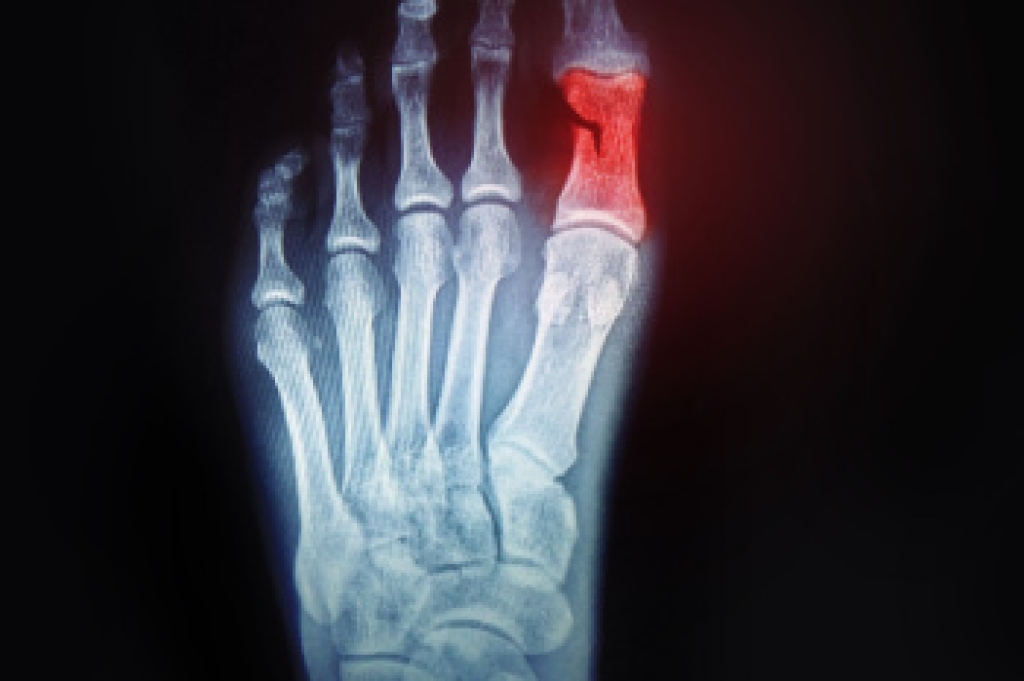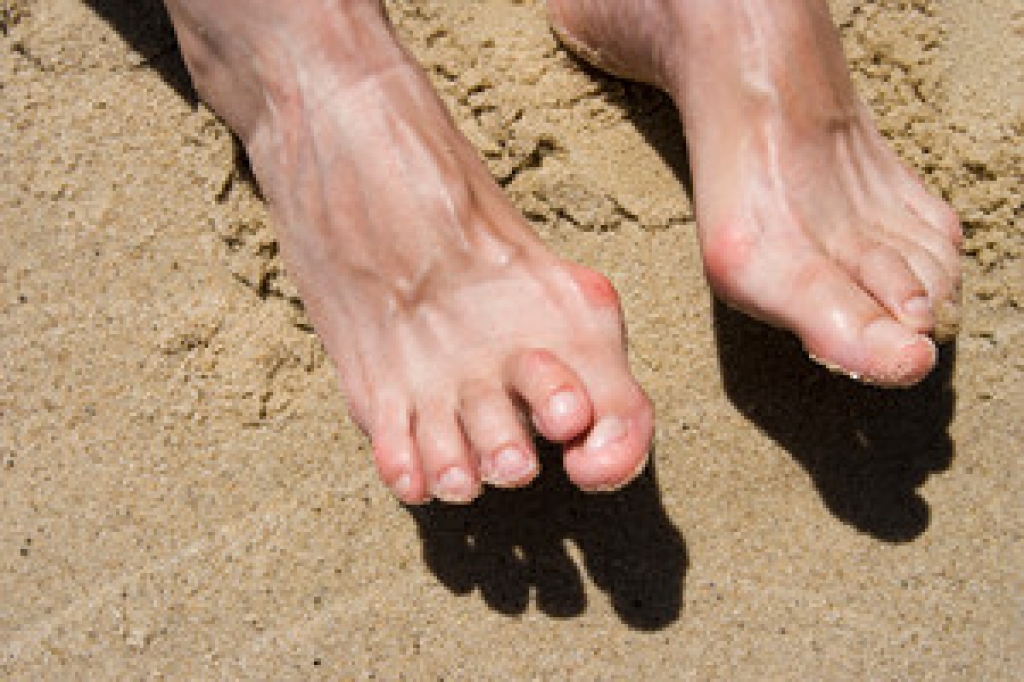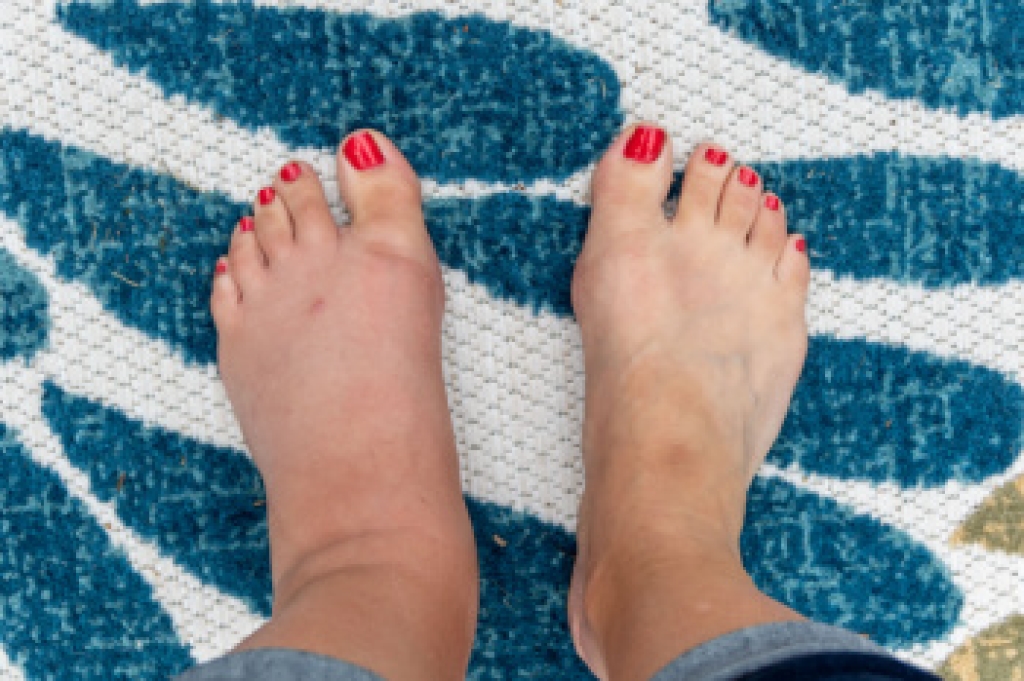
A toe fracture is a break in one or more of the small bones in the toes, usually caused by direct trauma, such as stubbing the toe or dropping a heavy object on the foot. These injuries are common and can vary in severity. Symptoms may include sharp pain, swelling, bruising, and difficulty in walking. In some cases, the toe may appear crooked or deformed. Risk factors include weak bone density, participation in contact sports, and walking barefoot in unsafe areas. A podiatrist can provide a thorough evaluation and determine the best treatment to ensure proper healing. If you think you may have fractured your toe, it is suggested that you consult a podiatrist who can accurately diagnose and treat this injury.
Broken toes may cause a lot of pain and should be treated as soon as possible. If you have any concerns about your feet, contact one of our podiatrists from New Jersey. our doctors will treat your foot and ankle needs.
What Is a Broken Toe?
A broken toe occurs when one or more of the toe bones of the foot are broken after an injury. Injuries such as stubbing your toe or dropping a heavy object on it may cause a toe fracture.
Symptoms of a Broken Toe
- Swelling
- Pain (with/without wearing shoes)
- Stiffness
- Nail Injury
Although the injured toe should be monitored daily, it is especially important to have a podiatrist look at your toe if you have severe symptoms. Some of these symptoms include worsening or new pain that is not relieved with medication, sores, redness, or open wounds near the toe.
If you have any questions please feel free to contact our office located in Neptune City, NJ . We offer the newest diagnostic tools and technology to treat your foot and ankle needs.




